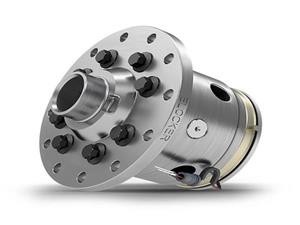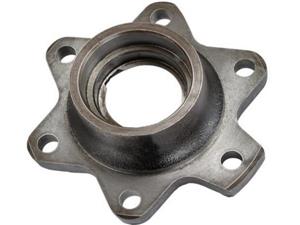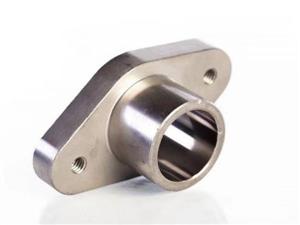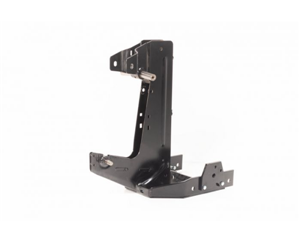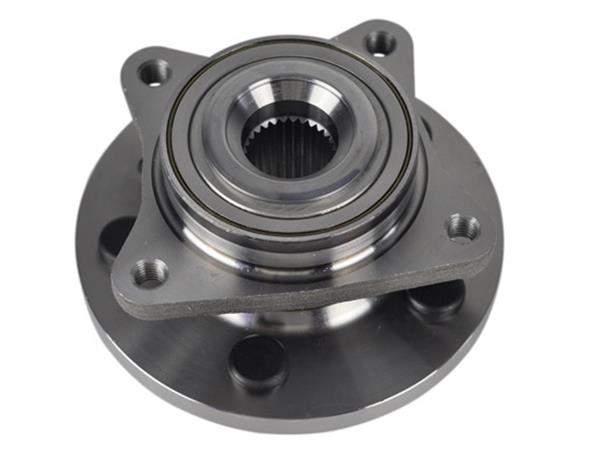How should we choose the difference between cast steel and cast iron
Cast steel and cast iron are two common casting materials, which have some differences in performance, usage, and cost. The correct selection of suitable materials is crucial for the quality and performance of products.
Cast steel is an alloy material composed of iron and carbon, containing a high carbon content. It has high strength, hardness, and wear resistance, and is suitable for manufacturing components with high strength requirements, such as automotive engine cylinder blocks, ship components, etc. Cast steel has good thermal conductivity, which helps to dissipate heat from the product. However, the cost of casting steel is high and the processing difficulty is significant.
Cast iron is an alloy material composed of iron and carbon, with a high carbon content. Cast iron has high toughness and corrosion resistance, making it suitable for manufacturing components that require high impact and vibration loads, such as engine cylinder heads, machine bed bodies, etc. Cast iron has poor thermal conductivity and low thermal conductivity. However, the cost of cast iron is relatively low and easy to process.
When choosing cast steel or cast iron, it is necessary to comprehensively consider the product's usage environment, stress situation, and design requirements. If the product needs to have high strength and hardness, and work under harsh conditions such as high temperature, high pressure, or high-speed operation, cast steel is a better choice. If the product needs to have high toughness and corrosion resistance, and operates under high impact or vibration loads, cast iron is more suitable.

